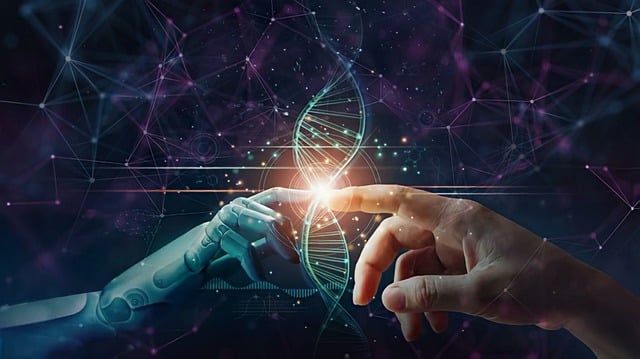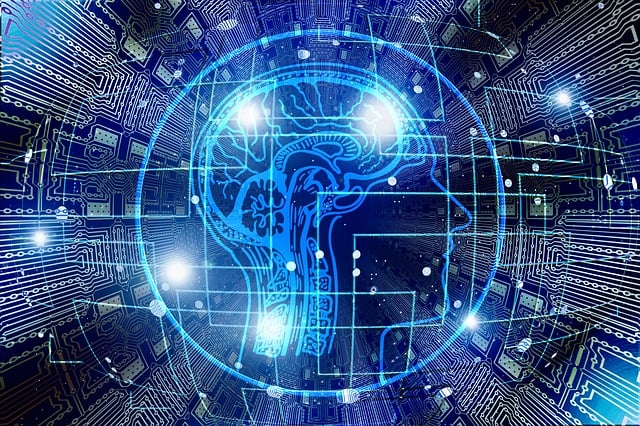AI Revolution: Reshaping the Future of Work
The relentless march of technology is fundamentally transforming the way we work. Automation and artificial intelligence (AI) are rapidly automating tasks, disrupting industries, and reshaping the very fabric of the job market. As these trends continue to evolve, understanding the impact of AI on the future of work is crucial for both individuals and organizations alike.
Automation on the Rise: Replacing Routine, Embracing Innovation
Automation, the use of technology to perform tasks traditionally done by humans, is not a new phenomenon. However, its recent advancements are unprecedented. Robots and intelligent machines are increasingly performing tasks previously thought to be exclusively human, from manufacturing and assembly lines to data analysis and customer service.
This automation wave undoubtedly displaces certain jobs, particularly those involving repetitive and routine tasks. Manufacturing jobs have been significantly impacted, as robots perform tasks with greater efficiency and precision. Similarly, automation is taking hold in administrative and clerical roles, where tasks like data entry and document processing are becoming automated.
However, automation isn’t all doom and gloom. It also creates new opportunities. As routine tasks are automated, human workers are freed to focus on higher-level cognitive tasks that require creativity, critical thinking, and problem-solving skills. This shift necessitates a workforce equipped with skills in areas like data analytics, digital marketing, and artificial intelligence itself.
The Rise of AI: From Assistants to Collaborators
AI, the ability of machines to mimic human cognitive functions, is another game-changer in the future of work. AI-powered tools are already assisting humans in various endeavors. From chatbots interacting with customers to machine learning algorithms analyzing market trends, AI is becoming an integral part of our professional lives.
While some fear that AI will eventually replace human workers altogether, this is unlikely. Instead, AI is expected to become a collaborative partner. Imagine AI as a powerful assistant, analyzing data, identifying patterns, and presenting insights that would take humans significantly longer to uncover. This allows humans to focus on the strategic aspects of their work, leveraging AI’s capabilities to make informed decisions and achieve greater efficiency.

The Skills Gap: Preparing for the AI-Powered Future
The rapid pace of automation and AI adoption necessitates a workforce equipped with the skills to thrive in this evolving landscape. This means fostering a culture of continuous learning and upskilling. Individuals need to be adaptable, willing to learn new skills, and comfortable working alongside intelligent machines.
Educational institutions and training programs also need to adapt. Curriculums should integrate skills essential for the AI-powered future, including data analysis, critical thinking, creativity, and complex problem-solving. Additionally, promoting lifelong learning initiatives will equip individuals with the adaptability necessary to navigate the ever-changing job market.
Navigating the Ethical Landscape: Balancing Innovation with Human Well-being
While automation and AI offer immense potential for growth and innovation, ethical considerations remain paramount. Concerns regarding job displacement, the potential for bias in AI algorithms, and the ever-widening skills gap necessitate careful consideration.
Governments, organizations, and individuals all have a shared responsibility in addressing these concerns. Governments can invest in retraining programs and safety nets for displaced workers. Organizations need to implement AI ethically, ensuring fairness and transparency in their algorithms. And individuals need to embrace lifelong learning and continuously develop their skillset to remain relevant in the evolving job market.
Conclusion: Embracing the Transformative Power of Technology
The future of work will undoubtedly be shaped by automation and AI. While some jobs will be lost, new ones will emerge, requiring a different set of skills and mindsets. The key lies in embracing the transformative power of technology, adapting to the changing landscape, and continuously learning and upskilling. By working together, individuals, organizations, and policymakers can navigate this transformation, ensuring a future of work that benefits both humanity and technology.
References:
Pew Research Center. (2023, May 25). Pew Research Center | Nonpartisan, nonadvocacy, public opinion polling and data-driven social science research. https://www.pewresearch.org/
